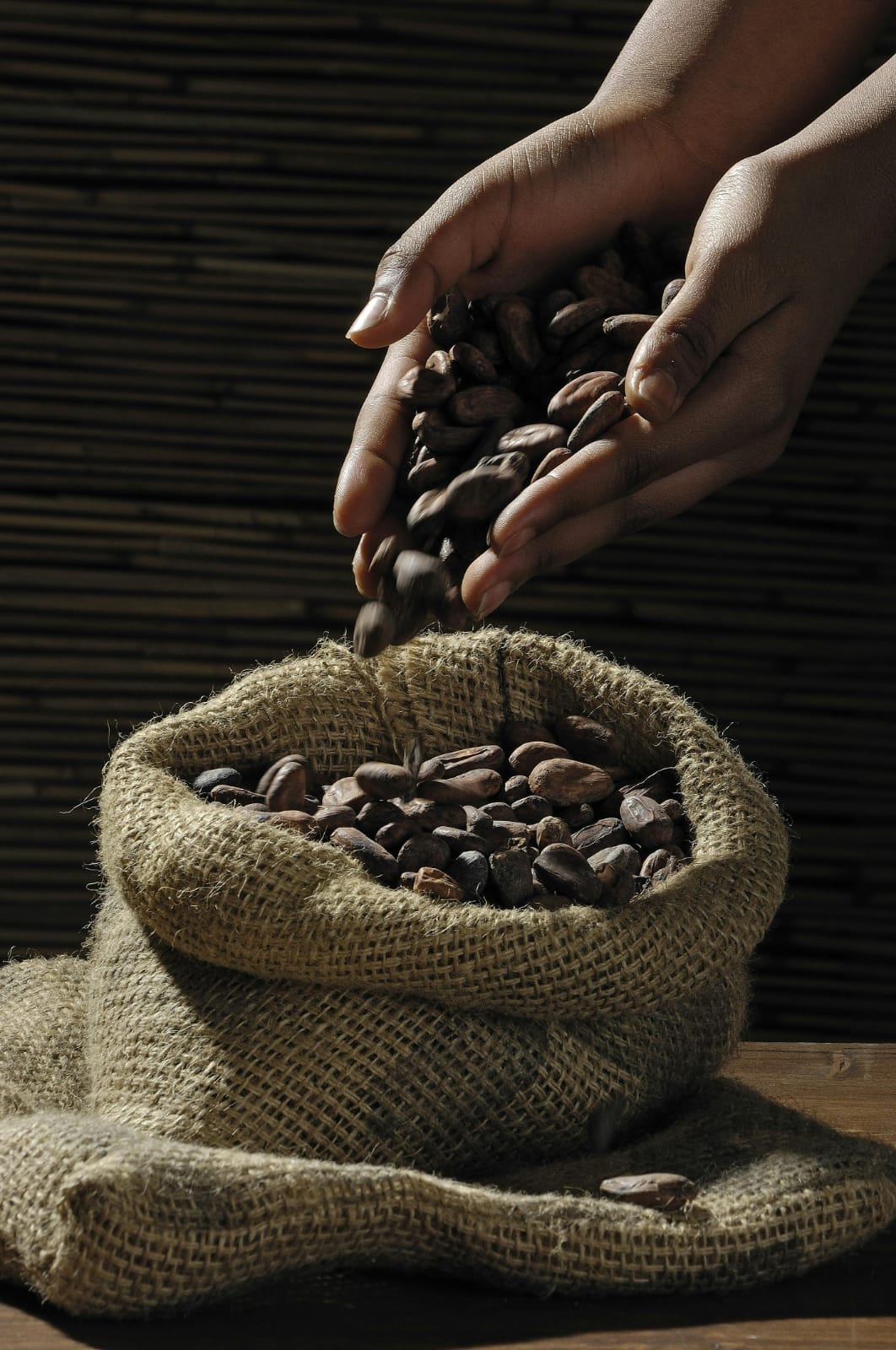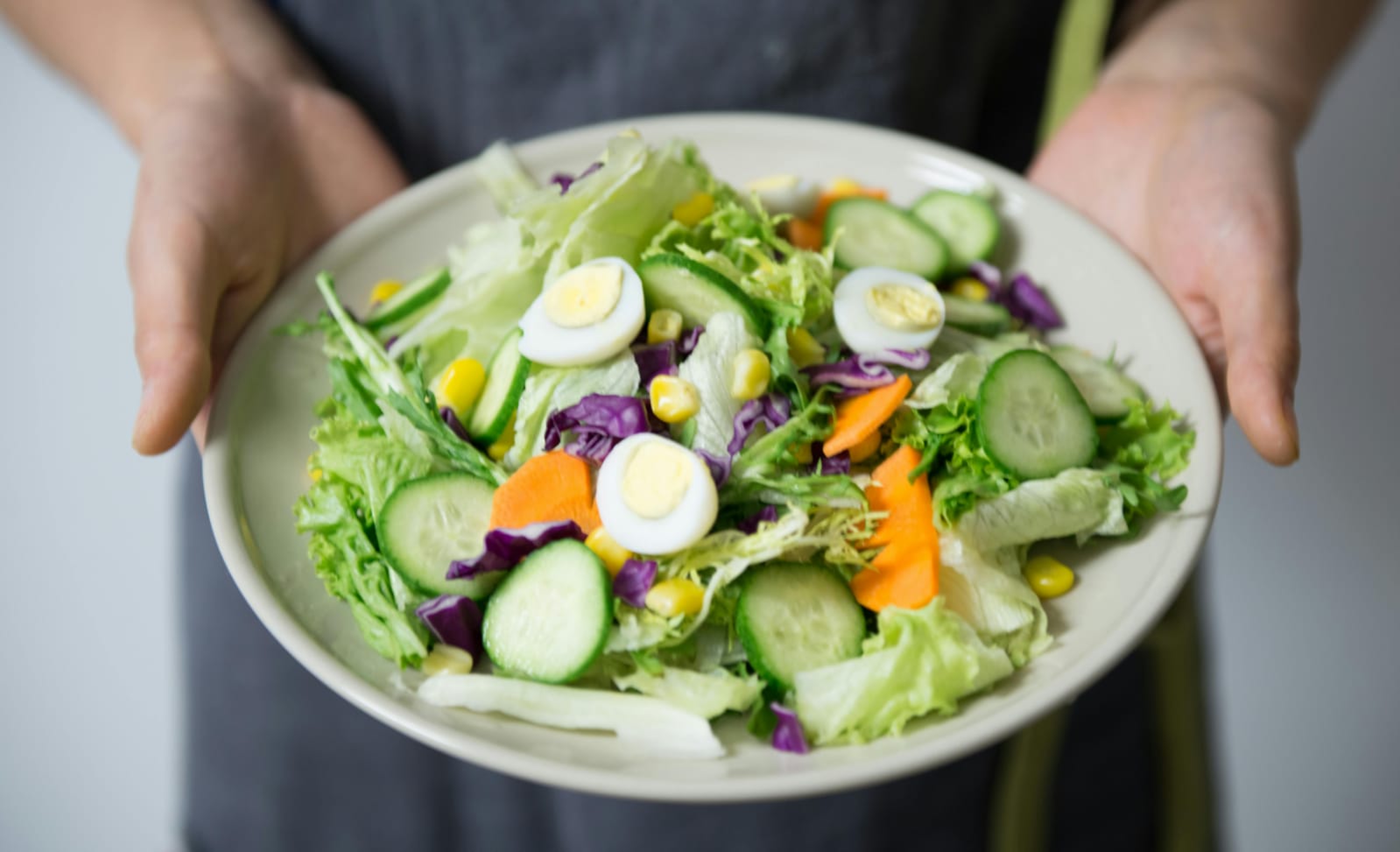Difference between Food and Medicine or Foods is better than Medicine
Food and medicine have many uses and benefits for the body. The drug directly affects the body's production of drugs and does not become part of human tissue. For example, herbs such as saffron have special properties that bind and remove toxins from the liver, removing them from the body before they become part of the body tissues. After food passes through various stages of digestion, it becomes a part of body tissues and is eliminated from the body as waste. For example, wheat, rice, eggs, fish, etc. Food is broken down into smaller particles during digestion and then used to replace body tissues.
Provides nutrients:
Food contains nutrients that aid digestion and tissue formation in the body . Medicines, on the other hand, are often used to treat certain ailments and have no effect on the body. Therefore, the difference between food and medicine is their purpose and important benefits to the body.
Usage and Terminology:
Sometimes the two roles overlap. Food and drug use. If a product serves two purposes, it may be called "food" or "food". The choice of time depends on the quality of the product and its intended use. If a product is important and has many medicinal properties then it can be called a "food supplement" because it provides nutrients to the body. On the contrary, if the product is mainly medicine and has little nutritional value, it can be called a "medicinal food" because it helps treat some diseases.

Conclusion:
In summary, although there are different foods and medicines according to their usage areas and nutritional values, there are some similarities and differences between the two. Lines can be confusing. But the main difference lies in their effects on the body and their basic functions. Recognizing this difference is crucial to making informed decisions about health and well-being.
Recommended Blogs


Mansab Ali


Mansab Ali


Mansab Ali


